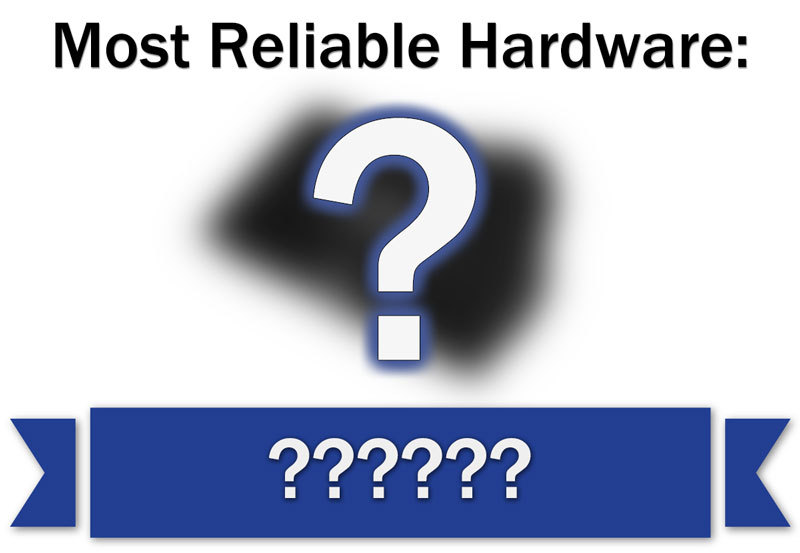Not surprised about Gigabyte. I bought something from them about 12+ years ago that needed RMA. Horrible, horrible tech support and customer service. Last year I bought an Aorus RTX 3090 Master because it was the only one in stock when they were hard to find. It crapped out after a couple of months, and Gigabyte basically wouldn't honour the warranty. They gave me an RMA and all, but gave me such a hassle with the shipping - refusing to talk to customs agents when they were called, shipping agents, etc. and when the customs agents got mad at them, Gigabyte wouldn't take my calls any more to follow up with the RMA. They still won't take my calls, or honour the warranty.
Never, NEVER again.
Not surprised about Cooler Master, either. Honestly, I thought it would be higher. Lot of problems with them in the past, too, including a case actually catching on fire. The HD-Audio jack. They tried to tell me I must have plugged in into the wrong spot on the motherboard. Like it wasn't easy enough to stick the HD-Audio jack where the HD-Audio label was on the motherboard, or that it would actually fit anywhere else.



